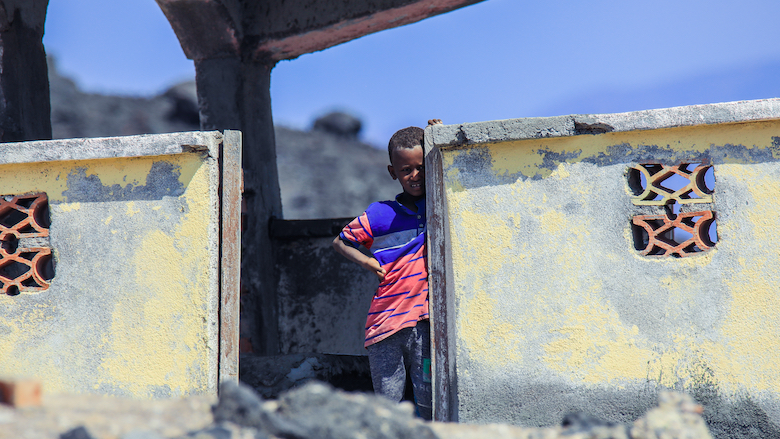Economic activity contracted in 2020 for the first time in two decades, as a result of COVID-19. A resurgence of COVID-19 and delicate transitions across the Horn of Africa are the major risks to the medium-term outlook as they would undermine the productivity of sizable infrastructure investment.
Real GDP growth is projected at -1% compared to an average of 7% per year from 2015 to 2019, as a result of COVID-19. After a sharp increase the last two weeks of May and early June, the number of cases declined considerably in July and August; like many countries, the government is now monitoring whether resumptions in activity over the summer will manifest as a new surge of infections. The fall in global demand for transshipment and logistics services was the main driver of contraction, as the economy depends heavily on the transportation and logistics services and re-export of activities by free zone companies to and from Ethiopia.
The medium-term economic outlook remains positive despite the impact of COVID-19. Growth is expected to average 7.1% per year in 2021-2022 driven by a rebound in Ethiopia, which will underpin free zone reexports and exports of transportation, logistics, and telecommunication services. Ongoing infrastructure projects, including the windfarm, the Damerjog industrial park and the “cold chain” project are also expected to boost growth.

